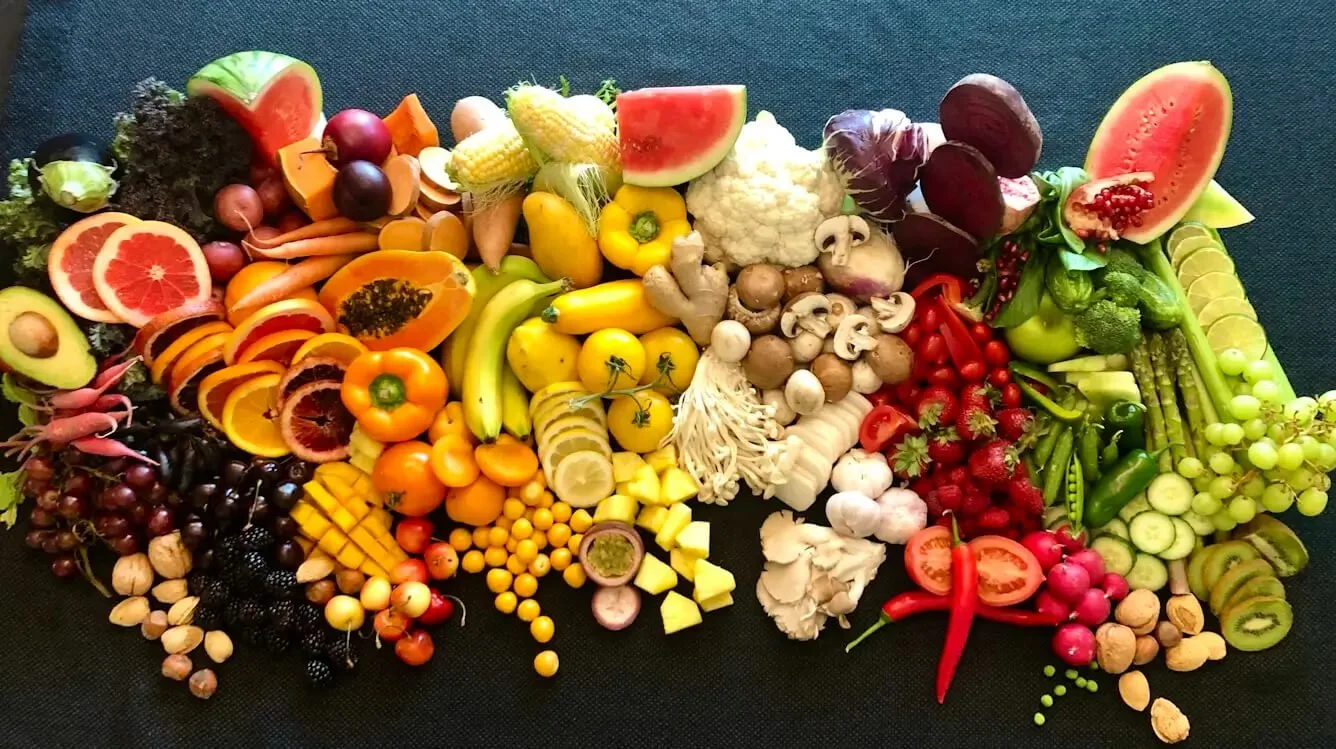Anti-Inflammatory Diet Plan: 7-Day Food Guide
Why an Anti-Inflammatory Diet Matters
If you’ve been feeling run down, bloated, or dealing with aches that won’t go away, chronic inflammation could be part of the problem. While short bursts of inflammation are your body’s natural defense, long-term inflammation increases the risk of heart disease, diabetes, arthritis, and PCOS.
The foods you eat daily can either fuel inflammation or help calm it. That’s where an anti-inflammatory diet plan makes a difference. By focusing on nutrient-rich, whole foods, you can lower inflammation, improve energy, and set yourself up for better long-term health.
This guide gives you a 7-day food plan with practical meals, prep tips, and recipes. By the end, you’ll know exactly what to eat, what to avoid, and how to make it sustainable.
Ready for personalized support? Schedule Nutrition Counseling to build a plan that works for your lifestyle.
What Is an Anti-Inflammatory Diet?
An anti-inflammatory diet is a way of eating designed to lower your body’s inflammatory response. Instead of strict rules, it emphasizes balance, whole foods, and steady energy.
According to Harvard Health, diets rich in vegetables, fruits, lean proteins, whole grains, and healthy fats reduce inflammation and disease risk. The Cleveland Clinic highlights that this approach may ease arthritis symptoms, improve metabolic health, and support weight control.
For women with PCOS, reducing inflammation is key to hormone balance and weight loss. Explore my PCOS Nutrition Guides for a deeper dive.
Foods to Eat and Avoid
Anti-Inflammatory Foods
Berries: Blueberries, raspberries, strawberries are packed with antioxidants.
Leafy greens: Spinach, kale, arugula supply powerful phytonutrients.
Fatty fish: Salmon, sardines, and mackerel provide omega-3 fatty acids (NIH).
Nuts and seeds: Almonds, walnuts, flax, and chia add healthy fats and fiber.
Olive oil: A staple in Mediterranean-style diets, linked with reduced inflammation.
Spices: Turmeric, ginger, and cinnamon support natural healing.
Foods That Fuel Inflammation
Refined carbs (white bread, pastries)
Processed meats (bacon, hot dogs, sausage)
Sugary beverages and snacks
Deep-fried and ultra-processed foods
For smart swaps and an easy shopping list, check out my PCOS Grocery List.
7-Day Anti-Inflammatory Diet Plan
This 7-day anti-inflammatory food guide gives you structure without feeling restrictive. Use it as a starting point, then adjust to fit your tastes and schedule.
Day 1
Breakfast: Overnight oats with chia, blueberries, and cinnamon
Lunch: Quinoa salad with kale, chickpeas, and olive oil
Dinner: Grilled salmon with roasted sweet potatoes and broccoli
Snack: Apple slices with almond butter
Day 2
Breakfast: Unsweetened Greek yogurt with raspberries and walnuts
Lunch: Lentil soup with spinach and carrots
Dinner: Chicken stir-fry with brown rice, bell peppers, and sesame seeds
Snack: Roasted chickpeas
Day 3
Breakfast: Green smoothie with spinach, banana, flaxseed, and protein powder
Lunch: Wild rice bowl with roasted veggies and tahini dressing
Dinner: Baked cod with asparagus and quinoa
Snack: Handful of mixed nuts
Looking for structured support? Explore my Weight Loss Meal Plans or 7-Day PCOS Diet Plan.
Recipes for the Anti-Inflammatory Diet
Salmon and Sweet Potato Bowl
Ingredients
4 oz salmon filet
1 cup roasted sweet potatoes
1 cup steamed broccoli
1 tbsp olive oil
Lemon wedge
Instructions
Roast sweet potatoes at 400°F for 25 minutes.
Bake salmon until flaky, about 12–15 minutes.
Steam broccoli, drizzle with olive oil, and serve with lemon.
Nutrition Facts (per serving)
Calories: ~420
Protein: 30g
Carbs: 32g
Fat: 18g
Anti-Inflammatory Lentil Soup
Ingredients
1 cup green lentils
1 carrot, diced
2 celery stalks, diced
1 onion, chopped
2 cups spinach
1 tbsp olive oil
4 cups vegetable broth
Instructions
Sauté onion, carrot, and celery in olive oil.
Add lentils and broth, simmer for 30 minutes.
Stir in spinach until wilted.
Nutrition Facts (per serving)
Calories: ~280
Protein: 15g
Carbs: 38g
Fiber: 14g
Fat: 8g
Blueberry Chia Pudding
Ingredients
3 tbsp chia seeds
1 cup almond milk
½ cup blueberries
1 tsp honey (optional)
Instructions
Combine chia seeds and almond milk, refrigerate overnight.
Top with blueberries and honey.
Nutrition Facts (per serving)
Calories: ~200
Protein: 6g
Carbs: 22g
Fiber: 10g
Fat: 9g
Meal Prep and Grocery Tips
Meal prep is what makes this plan stick. Cook a batch of grains, roast vegetables, and prep protein ahead of time. Overnight oats and chia pudding make breakfast effortless.
Use high-quality containers to store meals for the week. For tools, kitchen essentials, and recommended products, browse my Amazon storefront. For trusted supplement options, explore Thorne vitamins and supplements.
FAQs About the Anti-Inflammatory Diet
What is an anti-inflammatory diet?
It’s a way of eating centered on whole foods like vegetables, fruit, fish, and healthy fats, designed to lower chronic inflammation (Mayo Clinic).
Which foods reduce inflammation quickly?
Fatty fish, leafy greens, berries, olive oil, and turmeric are among the most effective.
Can a 7-day plan help?
Yes. Many people report less bloating, better digestion, and improved energy after one week. Consistency builds the long-term benefits.
Does weight loss reduce inflammation?
Yes. Carrying excess fat increases inflammatory markers. See my 30-Day Weight Loss Program or PCOS Weight Loss Diet Guide for strategies.
How can I stick with it long term?
Meal prepping, using smart swaps, and gradually adding more anti-inflammatory foods makes it easier. For tools, check out my Mindset Workbooks.
Conclusion: Take the Next Step
An anti-inflammatory diet isn’t restrictive—it’s empowering. By prioritizing whole, nutrient-dense foods, you support your body’s natural healing process, reduce inflammation, and improve energy.
Start with this 7-day guide, then adapt it to your preferences. Build confidence by prepping meals in advance, keeping your grocery list simple, and leaning on supplements when needed.
Ready for the next step? Explore my services page or Contact Me to get started with a custom program.

